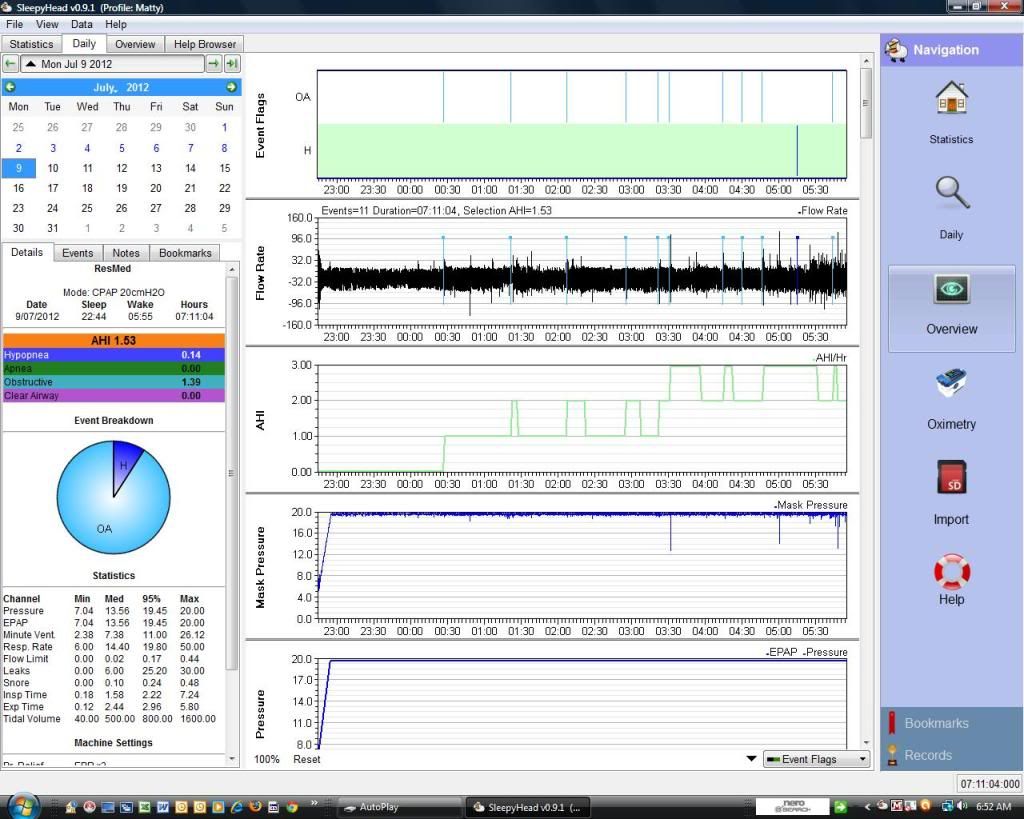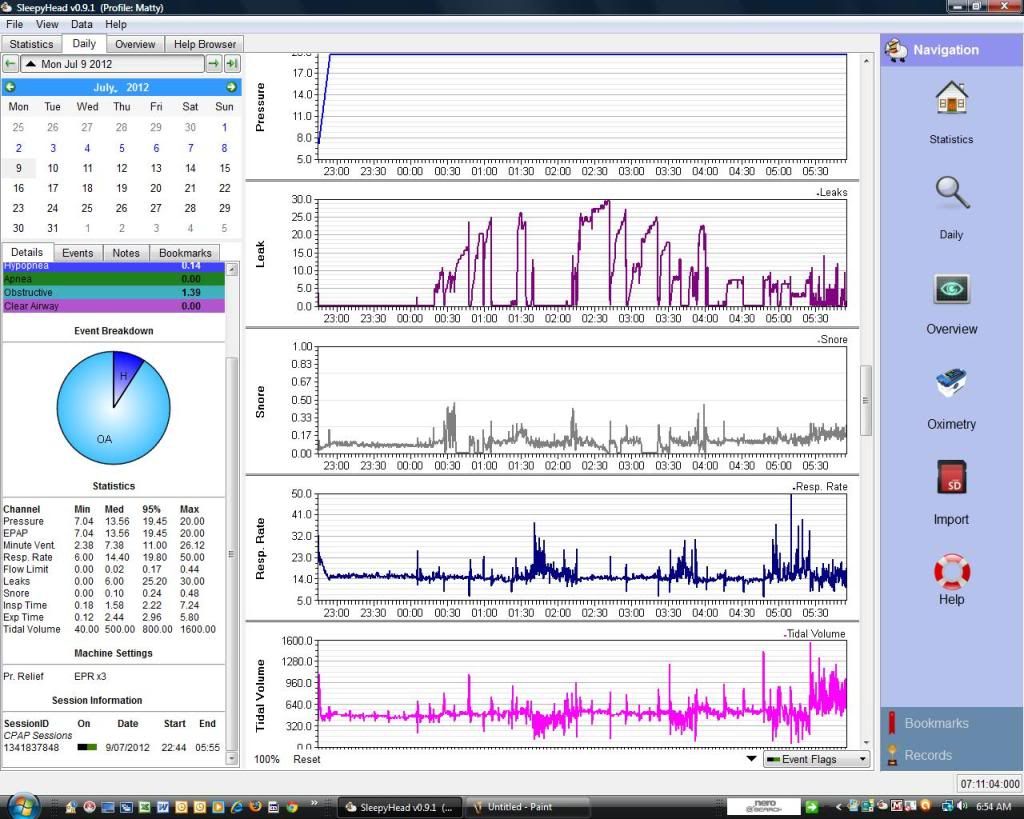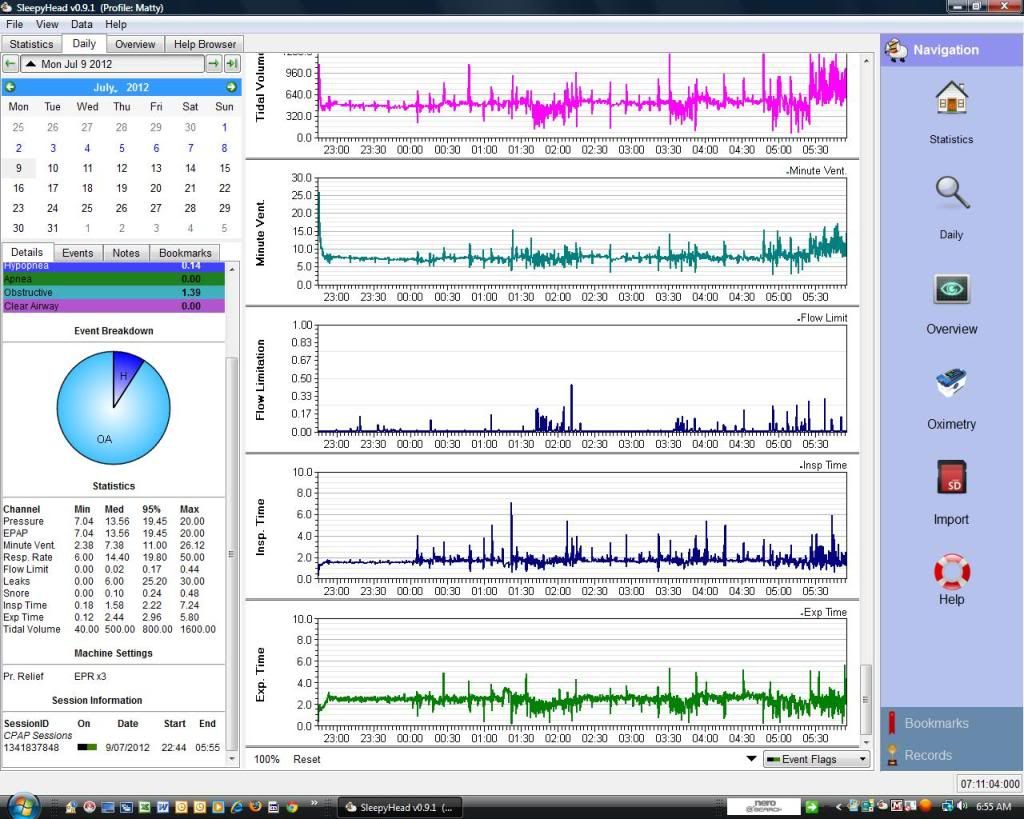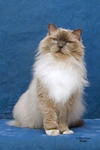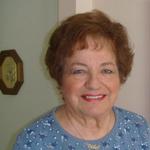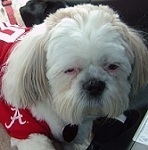Matty332 wrote:
Todzo, I do not wake up with a high heartrate any more but high blood pressure. I think my breathing may increase a bit when I wake but I don't usually notice. Sometimes my heart feels like it is beating strongly but slow. Sometimes I get cold hands in the morning after a bad night but not usually. The lightheadedness sometimes resolves quickly in the morning but other times may last till the evening. Hmm, I have just recovered from a cold lately, perhaps it is viral? The doctor couldn't see an ear infection.. thanks for the kind wishes
Thanks all for the support and help on this matter. I really appreciate it..
Hi again Matty!
Your symptoms are consistant with hyperventilation. I used to have panic attacks that produced high heart rates and sleeplessness that would last for days. Through a Dr. Park Web seminar I learned what hyperventilation does (the Wikepedia article is good) and yet better, how to stop doing it.
To begin with they taught a "nose clearing" exercise where the breath control portion consised of (if memory serves - and how I do it from time to time now) breathing out gently, stopping for ten seconds, breathing three shallow slow breaths, stop for ten seconds and continue if needed. I have never needed more than two stops. What happens is a very strong urge to breath during the first stop but after the second stop about the second breath the strong urge to breath evaporates. As well, my feet feel the warm blood and my nose clears. I feel warm and relaxed.
So now I have purchased a little $50.00 pulse oximeter I keep with me on a belt pouch at all times. I use it to do what I call optimal breathing training. Simply, you vary your breathing to produce the lowest heart rate while holding exertion constant. The oximeter portion is very useful in this. First of all it takes considerable concentration to reduce your blood oxygen (SpO2) level a single point. Second, once you find the lowest heart rate in a given situation if you note the SpO2 level you will be well on your way to finding the lowest rate in a similar situation in the future. When I first started I would find the lowest rates while working at my desk around 95% SpO2 and exercising moderately on my treadmill at 97%. Now these rates are found about a percent lower for each situation. While doing this I have found that a stuffy nose means I am breathing too much. It was so nice to smell the flowers this spring! Cold hands or feet are a clue, as is a lack of attentiveness for me. When you slow the breathing down you can feel your feet much better as you walk I find.
When you use a PAP the constant pressure tends to destablize your breathing toward hyperventilation. The higher the pressures the more the likelyhood of problems (hyperventilation, breathing related arousals, UARS, hypocapnic central apneas). To move a way from this, in addition to what I have mentioned above I have found the following useful:
- I moved to a city with a lot less crime and violence
- I did not order and to not have a TV used to watch TV in the house - so no violent media
- I do try to walk my 10,000 steps a day
- I do at least ten minutes of interval training a day (love the pulse oximeter on the belt pouch for that!)
- Much less sugar and carbs in the diet with many more veggies and quality protine and Q3s
- I have joined a health club to learn and do resistance training as I believe it will help with muscle control in general.
Well, those are my thoughts-
May you find very restful nights soon!
Todzo
